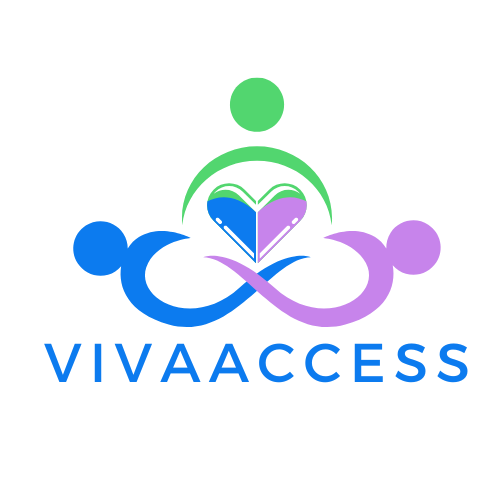Treatment for Fragile X Syndrome (FXS)
by vivaaccess.net | Apr 21, 2024 | Fragile
Treatment for Fragile X Syndrome (FXS) is primarily symptom-based, aiming to manage the various challenges individuals with FXS may face. While there is currently no cure for FXS, several therapeutic approaches can help improve the quality of life for affected individuals. Treatment strategies often involve a multidisciplinary approach, combining medical interventions with supportive therapies. Here are some key aspects of treatment for FXS:
Medication: Pharmacological interventions are commonly used to manage specific symptoms associated with FXS. Stimulant medications are frequently prescribed to address hyperactivity, impulsivity, and attention deficits in affected individuals. Selective serotonin reuptake inhibitors (SSRIs) may be used to alleviate mood disorders, anxiety, and obsessive-compulsive behaviors. Atypical antipsychotics may be recommended for managing aggression, self-injury, and symptoms of autism spectrum disorder often present in individuals with FXS. Additionally, medications targeting specific neurotransmitter systems, such as the metabotropic glutamate receptor (mGluR), are being investigated as potential treatments for FXS.
Behavioral Interventions: Behavioral therapies play a crucial role in managing behavioral and developmental challenges associated with FXS. Applied Behavior Analysis (ABA), speech therapy, occupational therapy, and social skills training are commonly utilized to address communication deficits, sensory sensitivities, and social difficulties in individuals with FXS. These therapies focus on teaching adaptive skills, improving communication abilities, and promoting social integration.
Educational Support: Individuals with FXS often benefit from individualized educational plans tailored to their specific needs. Special education services, including resource rooms, inclusion programs, and accommodations, help facilitate learning and academic progress for students with FXS. Educators and school personnel play a vital role in creating supportive learning environments that cater to the unique learning styles and challenges of individuals with FXS.
Supportive Services: Access to supportive services and resources is essential for individuals and families affected by FXS. Support groups, both in-person and online, provide a platform for sharing experiences, exchanging information, and offering emotional support to families navigating the challenges of FXS. Community-based organizations, advocacy groups, and disability support networks offer valuable resources, including information, referrals, and assistance with accessing healthcare and social services.
Early Intervention: Early intervention programs are critical for maximizing developmental outcomes and addressing potential delays in children with FXS. Early identification and intervention can help mitigate the impact of developmental delays, promote cognitive and social-emotional development, and enhance overall functioning. Early intervention services may include speech therapy, occupational therapy, physical therapy, and developmental assessments tailored to the individual needs of the child.
Research and Clinical Trials: Ongoing research into the underlying mechanisms of FXS and the development of targeted treatments offer hope for future therapeutic advancements. Clinical trials evaluating novel pharmacological interventions, gene therapies, and behavioral interventions are underway to explore potential treatments for FXS. Participation in clinical trials provides individuals with FXS and their families the opportunity to contribute to scientific knowledge and access cutting-edge treatments.
Overall, the management of FXS requires a comprehensive and individualized approach that addresses the complex needs of affected individuals across the lifespan. By combining medical interventions, supportive therapies, educational support, and community resources, individuals with FXS can achieve their full potential and lead fulfilling lives.







